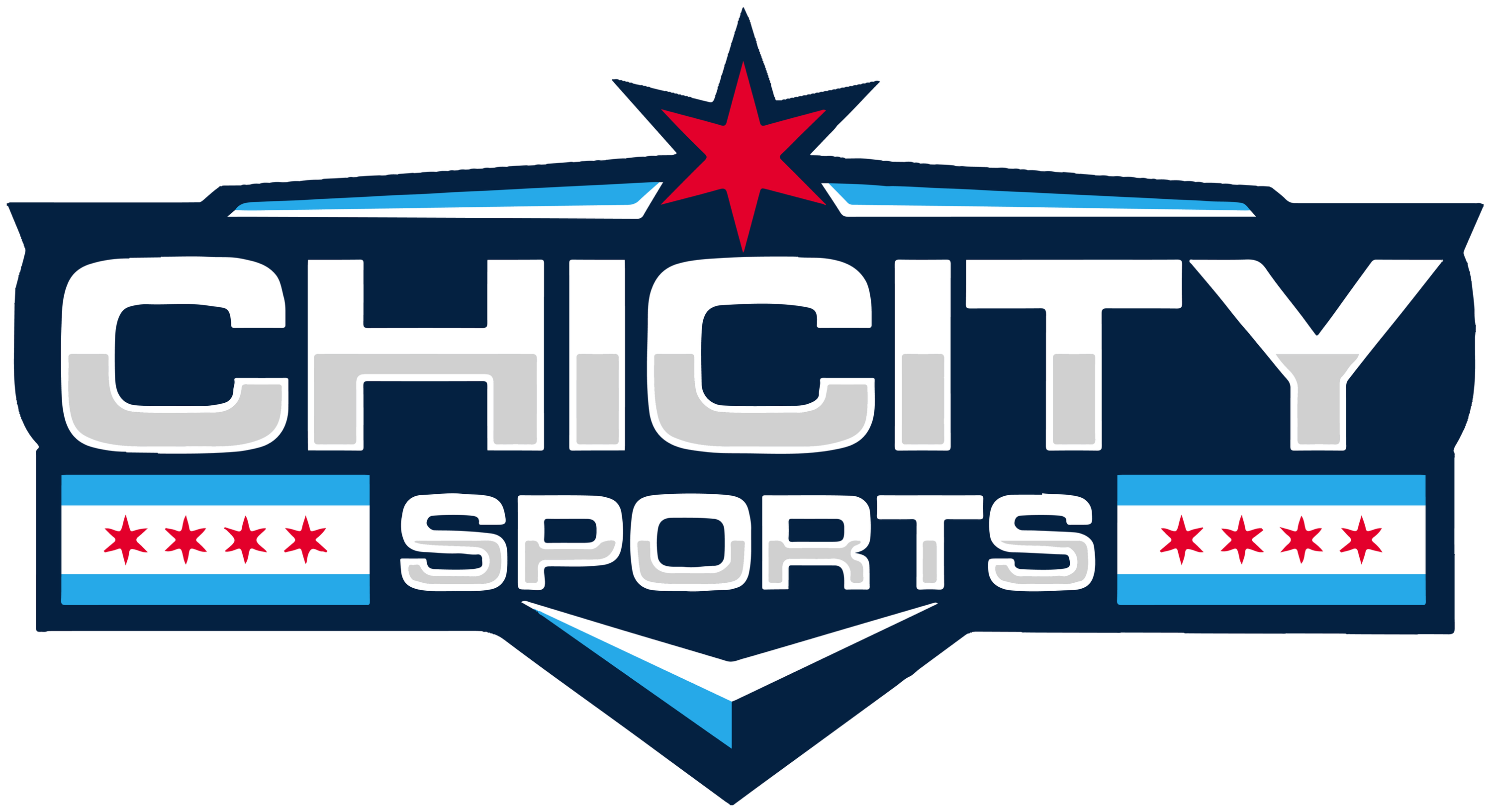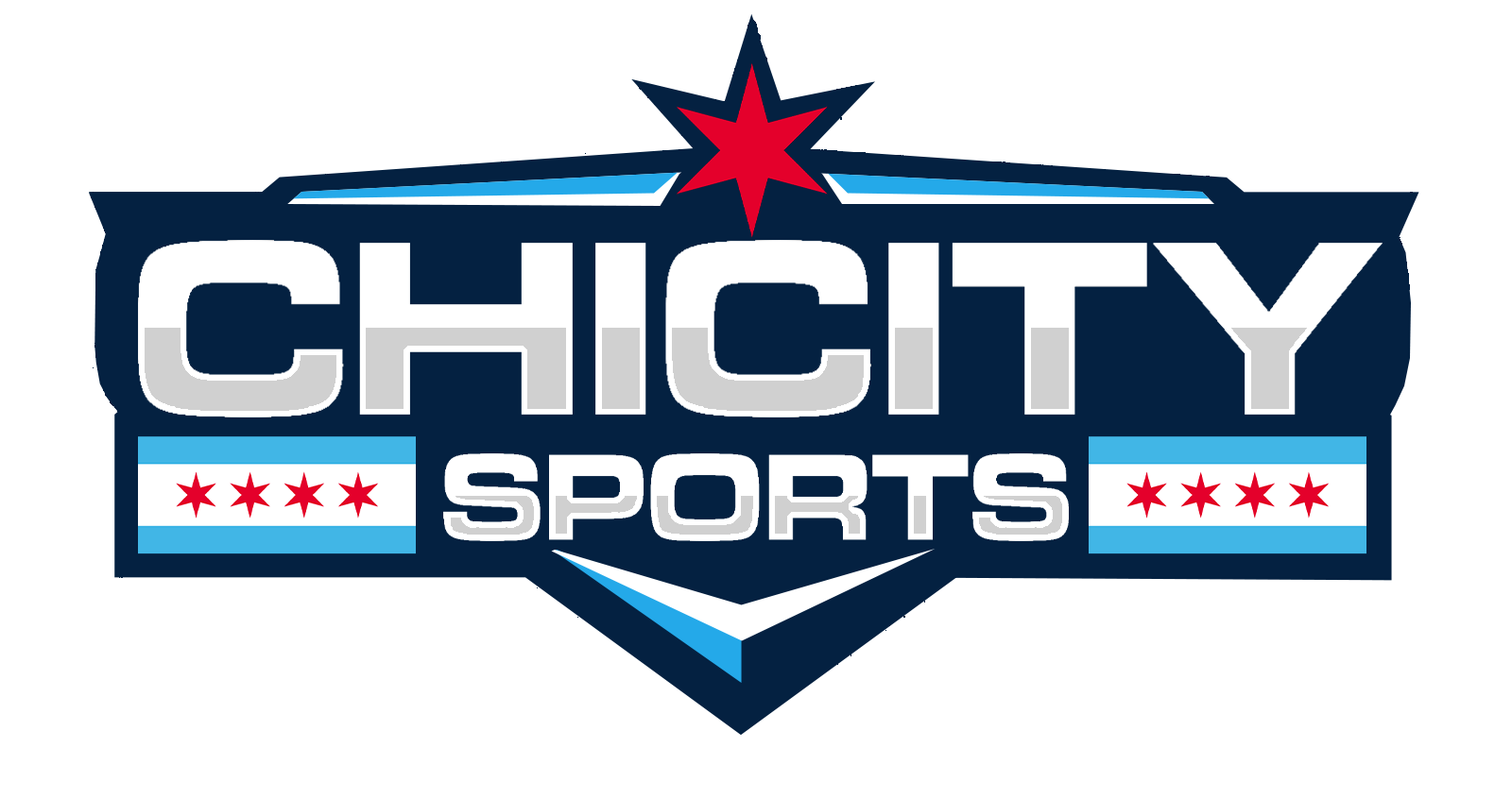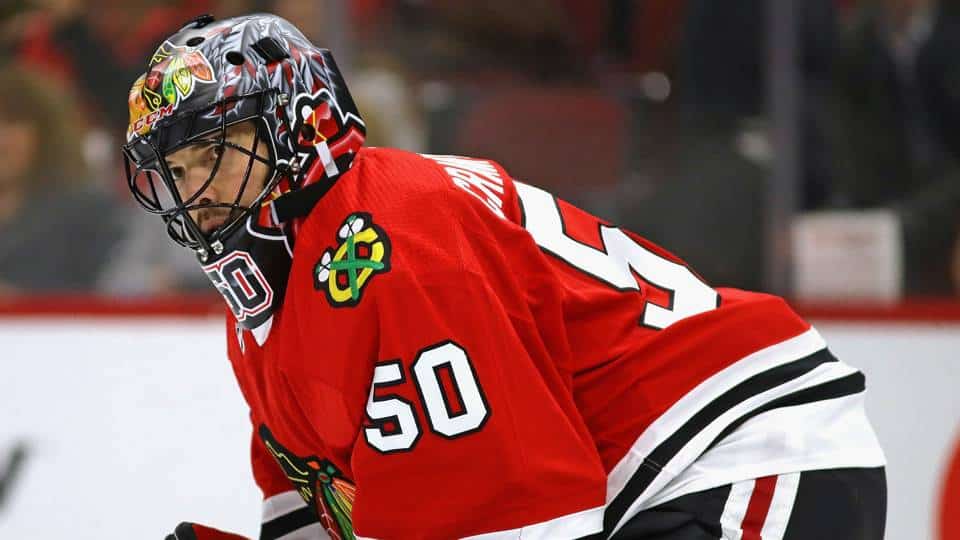The NHL and NHLPA have agreed to begin Phases 3 and 4 of their Return to Play Plan. Training camp (Phase 3) will begin on July 13th, with August 1st as the start date for the Stanley Cup Qualifying Round (Phase 4).
After training camp, all teams will report to their respective hub cities on July 26th. Although the two hub cities have yet to be officially announced, Bob McKenzie of TSN has reported that Edmonton and Toronto will most likely be the chosen pair.
Barring any last-minute complications, and we have seen some of those (Vancouver and Las Vegas), the two NHL Hub cities will be Edmonton and Toronto. 🇨🇦
— Bob McKenzie (@TSNBobMcKenzie) July 1, 2020
In addition, the NHL and NHLPA have also agreed in principle on a four-year extension of the Collective Bargaining Agreement, which was scheduled to expire September 15, 2022. Once ratified, the extension will continue through the 2025-26 season.
In Phase 2, teams have been holding on-ice and off-ice workouts that were initially limited to six players, before eventually being raised to twelve. Phase 3 will allow for full team participation in both on-ice and off-ice activities. Coaches, general managers, and hockey personnel will have full access to the team during Phase 3.
Phase 4 will begin with the top 12 teams of each conference resuming play in their respective hub cities – one for the West and one for the East. Players, coaches, and any NHL personnel will be restricted to certain “secure zones,” including restaurants, hotels, practice facilities, and the arena itself. In addition, all NHL personnel – including vendors and service providers – will be tested daily for any Coronavirus symptoms.
On June 29th, after the league announced that 26 NHL players had tested positive for Coronavirus, many had wondered if Phases 3 and 4 would be delayed, if not altogether cancelled. With cases once again surging in the United States and Canada, the NHL’s decision to move forward with their Return to Play Plan is bound to ruffle the feathers of those urging a more cautious approach.
Zachary Binney – an epidemiologist who works in the sports industry – provided an encouraging answer when asked about the subject:
“With sports, if you bring them back without fans, I think there’s a lot of real arguments for psychological and economic benefits, and if you have the right plan, I think you can keep the risk to a reasonable level.”
In April, the league announced they were willing to play without fans for the duration of Phase 4.
For More Great Chicago Sports Content
Get the latest Chicago sports news, analysis, and breaking stories on the Bears, Bulls, Blackhawks, Cubs, White Sox, Sky, and more! Tap the star to add us to your favorites on Google News, so you never miss a story on your favorite Chicago teams.
Follow us on Twitter at @chicitysports23 for more great content. We appreciate you taking time to read our articles. To interact more with our community and keep up to date on the latest in Chicago sports news, JOIN OUR FREE FACEBOOK GROUP by CLICKING HERE




